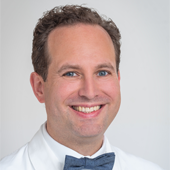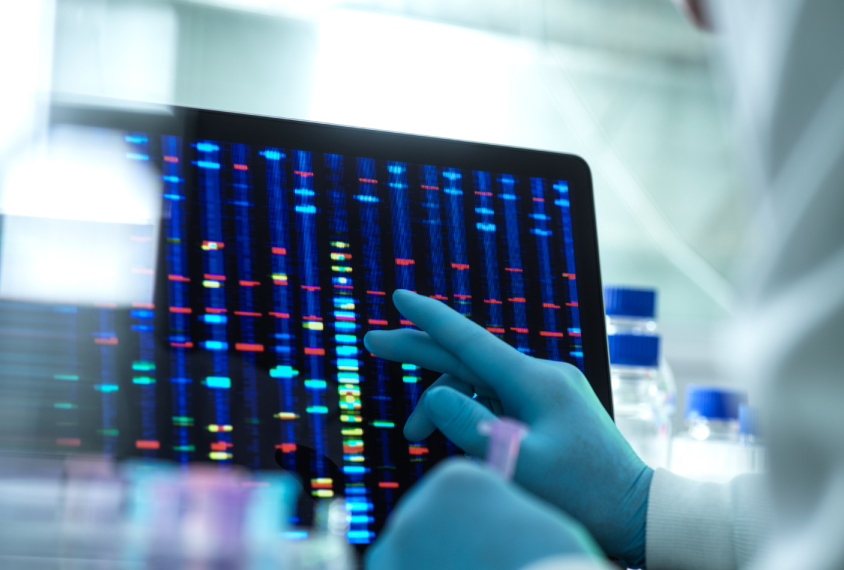Christian Schaaf is professor of human genetics at the University of Heidelberg in Germany.

Christian Schaaf
Professor
University of Heidelberg
From this contributor
Oxytocin lessons from autism-linked syndromes: A chat with Christian Schaaf and Ferdinand Althammer
Oxytocin therapies have failed to consistently benefit autistic people, but their effects in people with two autism-linked conditions may yield new insights, experts argue.

Oxytocin lessons from autism-linked syndromes: A chat with Christian Schaaf and Ferdinand Althammer
How an expert panel evaluates genes for autism genetic tests
About 15 percent of genes currently included in clinical genetic tests for autism or intellectual disability don’t have enough evidence to support their ties to the conditions, the panel found.

How an expert panel evaluates genes for autism genetic tests
Explore more from The Transmitter
Frameshift: Raphe Bernier followed his heart out of academia, then made his way back again
After a clinical research career, an interlude at Apple and four months in early retirement, Raphe Bernier found joy in teaching.

Frameshift: Raphe Bernier followed his heart out of academia, then made his way back again
After a clinical research career, an interlude at Apple and four months in early retirement, Raphe Bernier found joy in teaching.
Organoid study reveals shared brain pathways across autism-linked variants
The genetic variants initially affect brain development in unique ways, but over time they converge on common molecular pathways.

Organoid study reveals shared brain pathways across autism-linked variants
The genetic variants initially affect brain development in unique ways, but over time they converge on common molecular pathways.
Single gene sways caregiving circuits, behavior in male mice
Brain levels of the agouti gene determine whether African striped mice are doting fathers—or infanticidal ones.

Single gene sways caregiving circuits, behavior in male mice
Brain levels of the agouti gene determine whether African striped mice are doting fathers—or infanticidal ones.